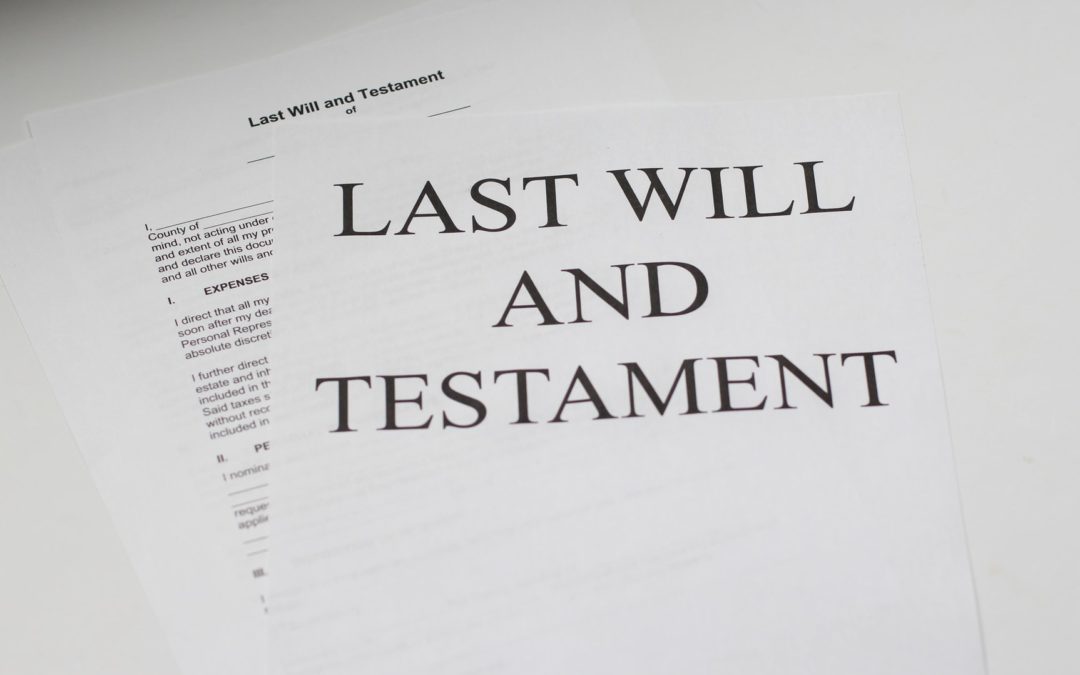It’s a confusing comparison for most potential new clients. Folks often feel a Trust is better but they have no idea why. The answer to the question always lies in exploring the clients’ assets and goals.
As a California native and practitioner, I strongly believe a Trust is a beautiful thing. California courts are so impacted that probating a relatively simple estate can prove a real drag. Conversely in New Mexico where I now live and practice, our modest population has access to a much more available docket.
For the most part, an individual with a simple estate landscape who can title assets to pass to designated beneficiaries and avoid probate need not invest in the higher upfront cost of Trust drafting and Trust funding.
The best benefits to a Trust are: 1. The Probate process is avoided and Estate Administration can begin almost immediately. If proper Trust Funding and retitling were performed assets like homes and real property can be sold off easily and swiftly whereas a Will or intestate estate will require appointment by the Court before such property can be sold. 2. Long-term post-grave directives can be achieved. This means that if you have an estate with enough longevity to state that great grandson X only gets his inheritance if he achieves a certain college grade point average, you can continue exercising that control over your assets long beyond your death.
The other consideration, aside from parsing out assets and goals, is likelihood of a contest. A probate contest, despite the name, is not a race to some finish line and rarely names a winner. In fact, they can be some of the slowest proceedings that drain estate assets to the point where all parties lose. Many contested probates settle simply so that the litigation defense, often funded by the estate, does not drain every single asset. Drafting is key in a Will or Trust to try to dissuade contesters in any fashion and arm either the Personal Representative or Trustee with enough power and discretion to defend the instrument. No Contest Clauses which often state anyone who contests will only receive the sum of $1.00 are often used to curb the desires of troublemakers. However, these clauses are only mildly successful. In sum, a Trust both avoids probate and allows such unique drafting opportunities that is often superior in this respect. Thus, if a potential new client has a family member who is likely to be a problem in the probate phase, a Trust is more desirable because the onus of compelling a Judge to scrutinize that trust will fall squarely on that individual instead of a Will where the Will has already been filed with the Court in a probate and served up on a silver platter.
The likelihood of a contest/dispute will also depend on if family members are being disinherited and if there is a large estate at issue. The presence of either or both will increase the likelihood of a contest.
A Will, paired with proper advice on retitling bank accounts, retirement accounts, and filing a Transfer on Death Deed, can be a fantastic estate planning option for many individuals. The Transfer on Death Deed will ensure much like a joint tenancy with right of survivorship that the home passes to a designated individual upon the Settlors death.
Of course, whether a Trust or a Will is employed, both must comport Rule Against Perpetuities. Explaining the RAP will require its own article…or two…or three.
Christie Coleman, Estate Planning Attorney, Coleman Law Offices in Santa Fe, New Mexico.
